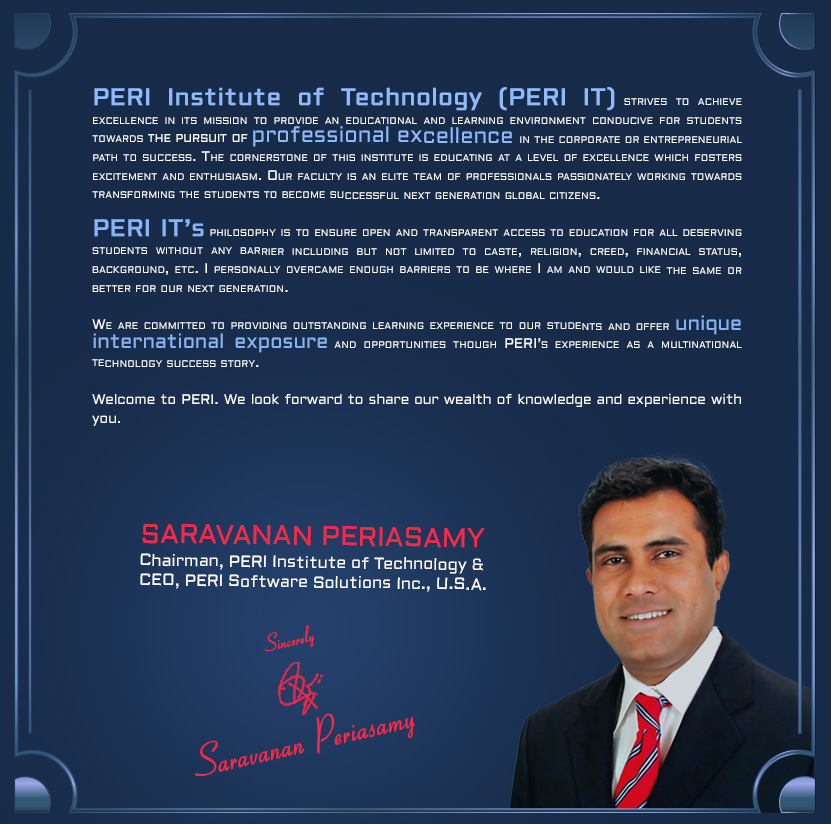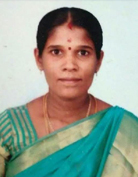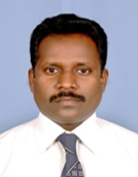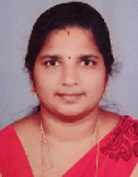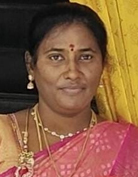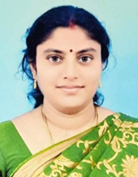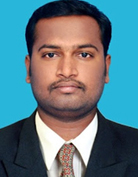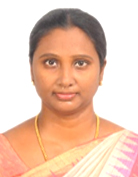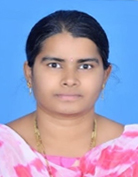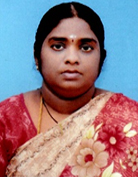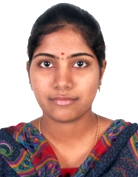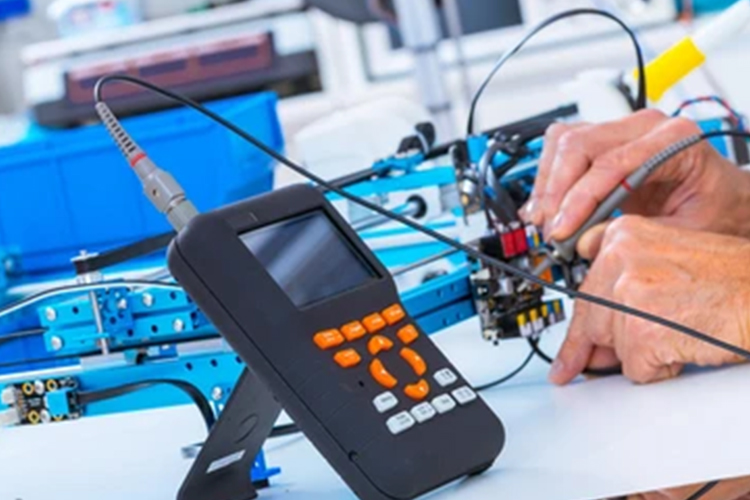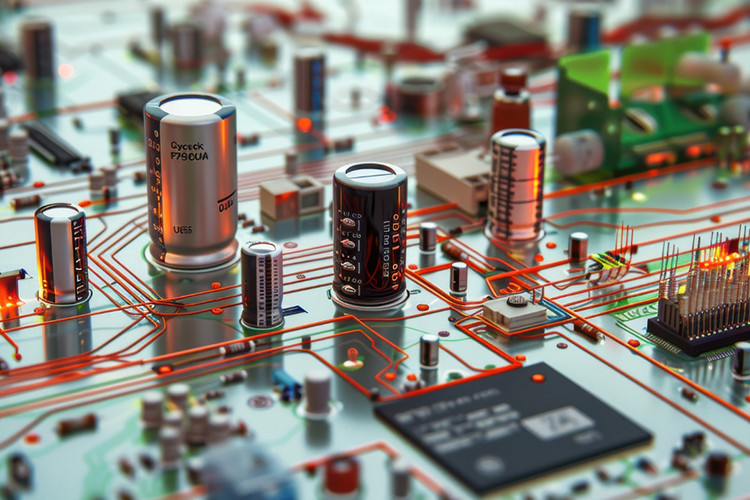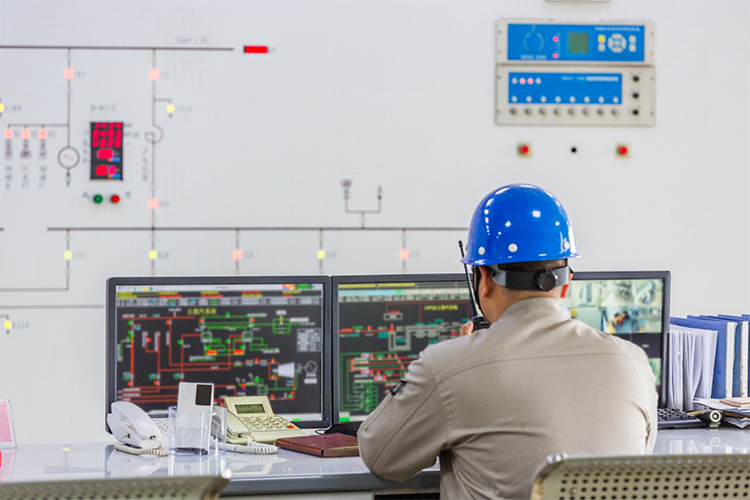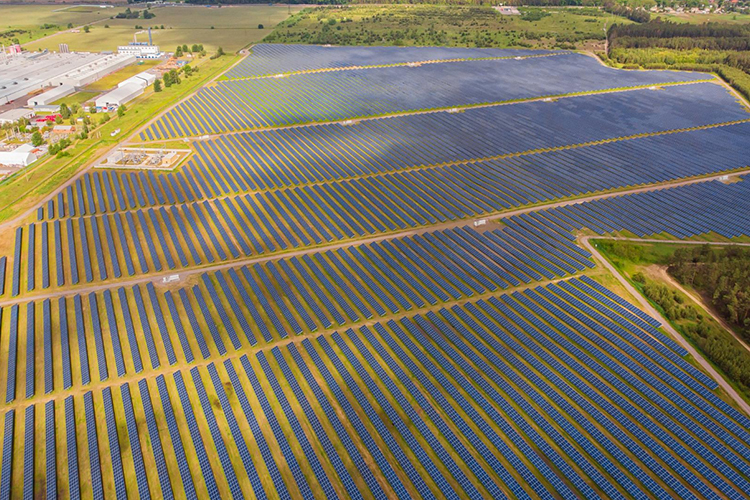PROGRAM EDUCATIONAL OBJECTIVES (PEOs)
- I. Find employment in Core Electrical and Electronics Engineering and service sectors.
- Get elevated to technical lead position and lead the organization competitively.
- Enter into higher studies leading to post-graduate and research degrees.
Become consultant and provide solutions to the practical problems of core organization.
- Become an entrepreneur and be part of electrical and electronics product and service
industries.
PROGRAM OUTCOMES (POs)
After going through the four years of study, our Electrical and Electronics Engineering
Graduates will exhibit ability to:
PO# |
Graduate Attribute |
Programme Outcome |
1. |
Engineering knowledge |
Apply knowledge of mathematics, basic science and engineering science. |
| 2. |
Problem analysis |
Identify, formulate and solve engineering problems. |
3. |
Design/development of solutions |
Design an electrical system or process to improve its performance, satisfying its constraints. |
4.. |
Conduct investigations of complex problems |
Conduct experiments in electrical and electronics systems and interpret the data. |
5. |
Modern tool usage |
Apply various tools and techniques to improve the efficiency of the system. |
6. |
The Engineer and society |
Conduct themselves to uphold the professional and social obligations. |
7. |
Environment and sustainability |
Design the system with environment consciousness and sustainable development. |
8. |
Ethics |
Interacting industry, business and society in a professional and ethical manner. |
9. |
Individual and team work |
Function in a multidisciplinary team. |
10. |
Communication |
Proficiency in oral and written Communication |
11. |
Project management and finance |
Implement Cost effective and improved system. |
12. |
Life-long learning |
Continue professional development and learning as a life-long activity. |
PROGRAM SPECIFIC OUTCOMES (PSOs)
On completion of Electrical and Electronics Engineering program, the student will have the
following Program Specific Outcomes.
- Foundation of Electrical Engineering: Ability to understand the principles and
working of electrical components, circuits, systems and control that are forming a
part of power generation, transmission, distribution, utilization, conservation and
energy saving. Students can assess the power management, auditing, crisis and
energy saving aspects.
- Foundation of Mathematical Concepts: Ability to apply mathematical
methodologies to solve problems related with electrical engineering using
appropriate engineering tools and algorithms.
- Computing and Research Ability: Ability to use knowledge in various domains to
identify research gaps and hence to provide solution which leads to new ideas and
innovations

